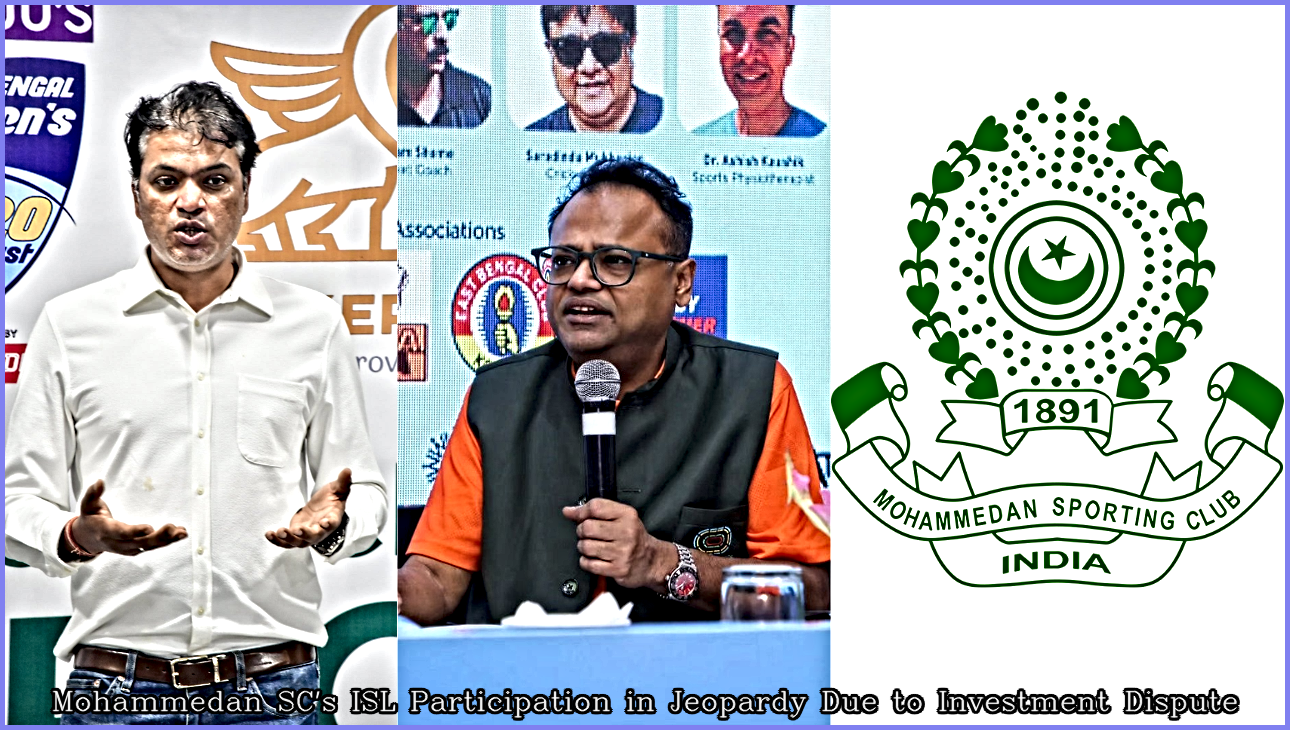Possible rewritten article:
Mohammedan SC’s ISL Participation in Jeopardy Due to Investment Dispute
Football fans in India are eagerly awaiting the seventh season of the Indian Super League (ISL), which is scheduled to kick off on November 20, 2020. However, one of the potential participants, Mohammedan Sporting Club (SC), may not be able to join the league due to a dispute over a crucial investment deal.
According to sources close to the matter, the investment deal involves Bunkerhill, a US-based private equity firm, Shrachi Sports, a Kolkata-based sports management company, and Mohammedan SC, one of the oldest and most storied football clubs in India. The deal was supposed to provide Mohammedan SC with the necessary funds to participate in the ISL, which requires a significant financial commitment from the clubs.
However, the deal has hit a roadblock due to a disagreement over the control of football operations. Mohammedan SC is reportedly insisting on having more say in the selection of players, coaches, and other aspects of the team’s management, which has become a major point of contention. Bunkerhill and Shrachi Sports, on the other hand, are reluctant to cede too much control to the club, as they want to ensure a return on their investment.
As things stand, it is unlikely that the investment agreement will be signed before the deadline for ISL participation, which is October 31, 2020. This could severely impact Mohammedan SC’s ability to join the league, as they would not have the necessary funds to meet the financial requirements. Moreover, even if the deal is eventually signed, the dispute over control could lead to further complications and conflicts within the team.
The potential exclusion of Mohammedan SC from the ISL has sparked a heated debate among football fans and experts in India. Some argue that the club deserves a chance to showcase its talent and history in the national league, while others point out that the ISL has strict rules and standards that all clubs must adhere to, and that no exceptions should be made.
Regardless of the outcome of the investment dispute, it is clear that Mohammedan SC has a passionate and loyal fan base that will continue to support the club, whether it plays in the ISL or not. The club has a rich legacy that dates back to the early 20th century, when it was founded by Muslim students in Kolkata as a symbol of resistance against British colonialism. Over the years, Mohammedan SC has produced many great players and won numerous titles, including the Durand Cup, the IFA Shield, and the National Football League.
In conclusion, the potential jeopardy of Mohammedan SC’s participation in the ISL highlights the challenges and opportunities facing Indian football. While the league has brought more visibility and investment to the sport, it has also raised questions about the balance between commercial interests and sporting values. As the ISL enters its seventh season, it will be interesting to see how it evolves and adapts to the changing landscape of Indian football.

